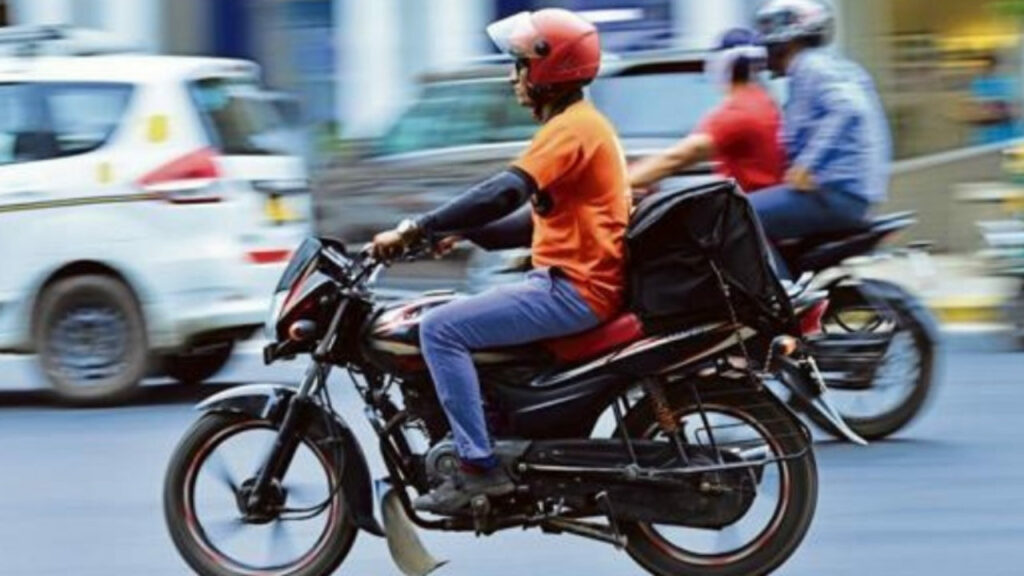Swiggy, a prominent player in the food delivery sector, is facing disruptions in its services across various areas of Mumbai due to an ongoing strike organized by its delivery executives.

The strike, initiated on October 8, was orchestrated by the Rashtriya Karmchari Sena, with delivery personnel advocating for higher wages.
Swiggy Delivery Executives on Strike in Mumbai
Areas including Bandra, Dadar, and parts of South Mumbai have experienced a noticeable impact on Swiggy’s food and grocery delivery operations.
In response to the strike, Swiggy users took to social media, specifically X (formerly Twitter), to report the disturbance in service. Videos surfaced showing Swiggy delivery executives participating in bike rallies, brandishing placards that emphasize their demands for improved pay.
This strike is not an isolated incident; last year, Swiggy delivery executives staged protests in various regions of the country, including Bengaluru, Chennai, and Kochi, primarily voicing concerns about payout-related issues. The income of these delivery executives is derived from the payment for each order, which varies based on distance traveled, incentive pay, and surge pay.
Notably, this is not only a Swiggy-specific issue. Zomato, another major player in the food delivery domain, witnessed a similar protest by its delivery executives earlier this year, centering around changes in their pay structure. Some Zomato delivery executives are also reported to be participating in the ongoing strike in Mumbai.
IFATW Demands Social Security Bill
The Rashtriya Karmchari Sena is pushing for fair wages from online food delivery companies, while the Indian Federation of App-Based Transport Workers (IFATW) is advocating for comprehensive changes in the gig working sector. IFATW is urging the government to introduce a “Social Security Bill” for the approximately 4.8 lakh gig and platform workers, encompassing those employed by various platforms such as Ola, Uber, Rapido, Porter, Dunzo, and BigBasket in Mumbai.
Modeling the initiative after the Rajasthan government’s legislation for gig and platform worker social security, IFATW is proposing a welfare cess on each platform transaction, contributing to a dedicated social security fund. They are also calling for the formation of a “tripartite board” comprising representatives from aggregators, worker organizations, and the government, responsible for managing social security schemes for gig and platform workers.
Addressing the growing concerns regarding gig workers’ pay and overall employee benefits, the Labour Ministry engaged in discussions with startups, including Swiggy, Zomato, Ola, Uber, and Urban Company earlier this year. The objective was to negotiate benefits such as life insurance, personal accident coverage, and health insurance for gig workers, indicating a growing awareness of the need for improved working conditions in the gig economy.












